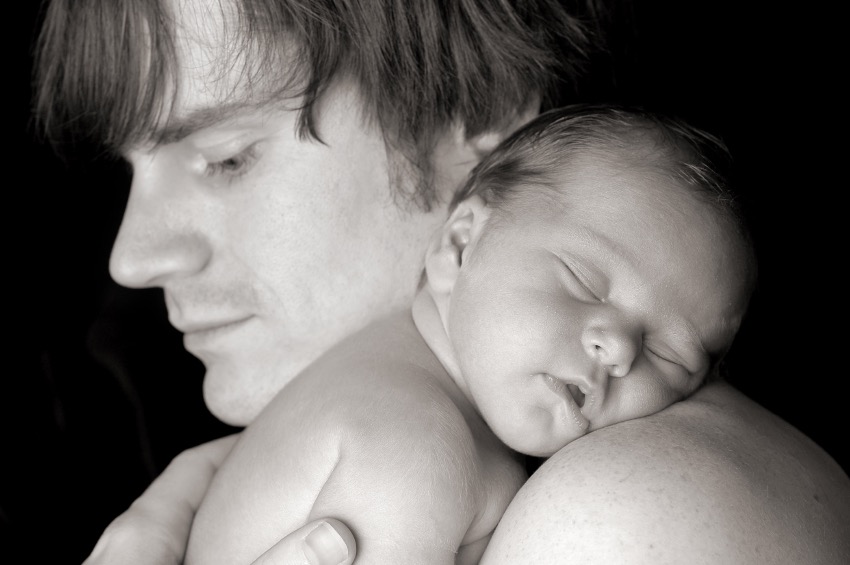By Dr Bronwyn Leigh
New and expectant Dads are increasingly getting our attention – and with good reason.
Traditionally, mental health concerns have focused on new and expectant mothers, but it has become clearer in more recent years that the perinatal period is a time of psychological vulnerability for fathers too.
Recent Australian research surveying over 1500 new fathers found new dads experience high levels of psychological distress and find it difficult to seek help.
The researchers have summarised seven key findings:
- Men experience significant internalised pressure in their role as fathers
While fatherhood is a time of great joy and happiness, men can feel overwhelmed by the need to be the financial and emotional support of their family and the sacrifices they have to make in their new role. New fathers perceive they need to be ‘the rock’, and bear the weight of their responsibilities without the support of others.
- First time fathers whose child is under 12 months of age are at the greatest risk of psychological distress
Thirty-nine percent of fathers in this segment reported high levels of psychological distress. They are also likely to see their own feelings and experiences as less important than their partners.
- New fathers have a superficial and incomplete understanding of perinatal depression (PND) and who it can affect
While fathers are exposed to a high risk of psychological distress they exhibit a limited understanding of perinatal mental health conditions, and there is a broad lack of awareness that they can affect men as well as women.
- Men do not want to identify ‘dad stress’ with depression and anxiety
The negative attitudes towards depression and anxiety generally, and specifically towards postnatal depression among fathers, present a significant barrier to men seeking help and support in their role as fathers. As men are more open to acknowledging the challenges of fatherhood, engaging through notions such as ‘dad stress’ are likely to work more effectively.
- The partner relationship is of critical importance and facilitates access to support and information
Having a child deepens the relationship between parents, but is also changes it fundamentally. Couples that are aware of the challenges that lie ahead, and who have planned and negotiated their roles and responsibilities prior to the birth, fare better than those who are less prepared.
- Fathers tend to seek information reactively and rely on their partner to be a conduit for advice and direction
New fathers are open to seeking help and information, but tend to ‘learn as they go’ and seek information specific to the challenge they are currently facing.
- Fathers show a general lack of satisfaction with their engagement with professionals and the availability of father-specific support and advice
There is a sense that men feel somewhat remote from the pregnancy and restricted in their new role as a father as the majority of information and support is directed towards the mother.
beyondblue, The Movember Foundation and Hall and Partners Open Mind are to be congratulated for funding and conducting this important research. The mental health and wellbeing of fathers needs to be promoted and, like new mothers, fathers need greater support in their transition to parenthood.
At the Centre for Perinatal Psychology we understand the pressures and conflicts that new and expectant fathers face, and we can help. Find your closest perinatal psychologist by searching by Location or Contact us.
About the Author
Dr Bronwyn Leigh is a clinical psychologist, perinatal and infant clinician and early parenting consultant. She is the Director of the Centre for Perinatal Psychology. Bronwyn specialises in the psychological aspects of becoming a parent, the emotional development of infants, and parent-infant relationships.
Contact us Today
Find a psychologist near you that can help you with transitioning to parenthood and your role as a dad. You can search by Location and Book Online.
Call us on 1300 852 660 or contact us to make an appointment or enquiry.








